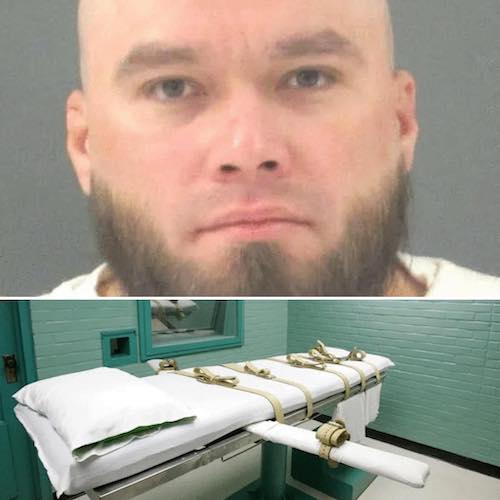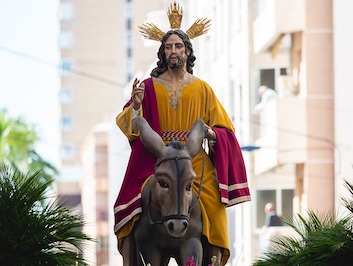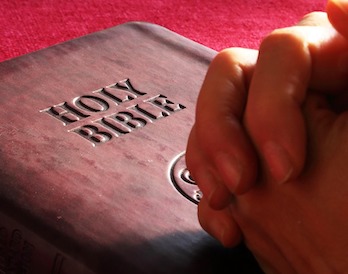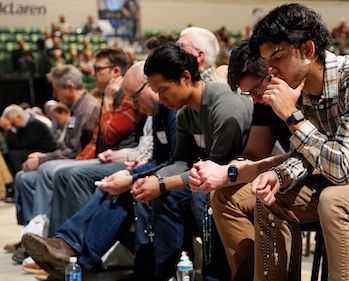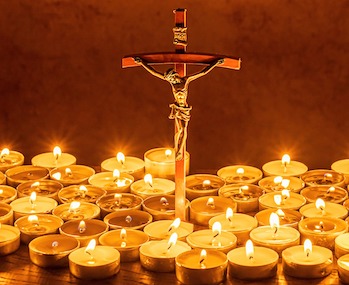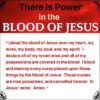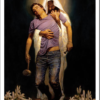A death row inmate has been granted the right for his pastor or priest to lay hands on him and pray for him, during his execution.
The US Supreme Court has ruled that states can’t bar a death row inmate from making physical contact with a spiritual adviser in the moments before their execution, the latest victory for those seeking to bolster protections for religious freedom.
John Ramirez sued Texas officials over a policy that prohibits his pastor from placing his hands on him and praying aloud at his execution.
Texas accused Ramirez of raising the issue only to delay his sentence.
Texas likely violated the religious liberties of a death row prisoner when it denied the man’s request to have his pastor touch him and pray over him during his execution, the court said.
In an 8-1 opinion, the Supreme Court said the US Court of Appeals for the 5th Circuit erred when it denied Ramirez’s stay of execution and it handed the case back to lower courts for further consideration. Although the court was ruling only on procedural questions, the decision will likely require states to revisit their execution policies.
“Ramirez seeks to have his pastor lay hands on him and pray over him during the execution,” Chief Justice John Roberts wrote for the court’s majority. “Both are traditional forms of religious exercise.”
Associate Justice Clarence Thomas was the lone dissenter. Justice Thomas said that Congress and states approved “potent” tools to protect religious freedom, but “like any tool, it can be wielded abusively. And few have a greater incentive to do so than death-row inmates.”
Ramirez was sentenced to death for the robbery and fatal stabbing of a shop clerk in 2004. He was set to be executed by a lethal injection.
His pastor/priest will now be able to lay hands on him and pray over him as he dies.
Ramirez’s pastor, Dana Moore, of the Second Baptist Church in Corpus Christi called the Supreme Court’s decision “a blessing.”
“It stresses the importance of religious liberty and religious practice for everyone,” Moore told the Caller-Times Thursday.
“The Supreme Court clarified that the rule of law is as ubiquitous as God,” Ramirez’s attorney, Seth Kretzer, said in statement to the Caller-Times Thursday. “Both exist everywhere and always — high up in the hallowed halls of power and down low in the hell of the execution chamber.
The decision comes months after the court heard arguments on the case and follows years of back-and-forth discussions between the high court and the Texas prison system over the religious rights of prisoners set for execution.
Pastors currently are allowed to enter the chamber, following stringent security checks, but are not usually allowed to touch the person getting the lethal injection.
The Supreme Court has repeatedly blocked Texas executions over concerns that the state was not equally and fairly accommodating condemned prisoners’ religious liberties, which are protected by federal statute.
The prison system has long denied the requests from prisoners, for fears surrounding security within the chamber.

